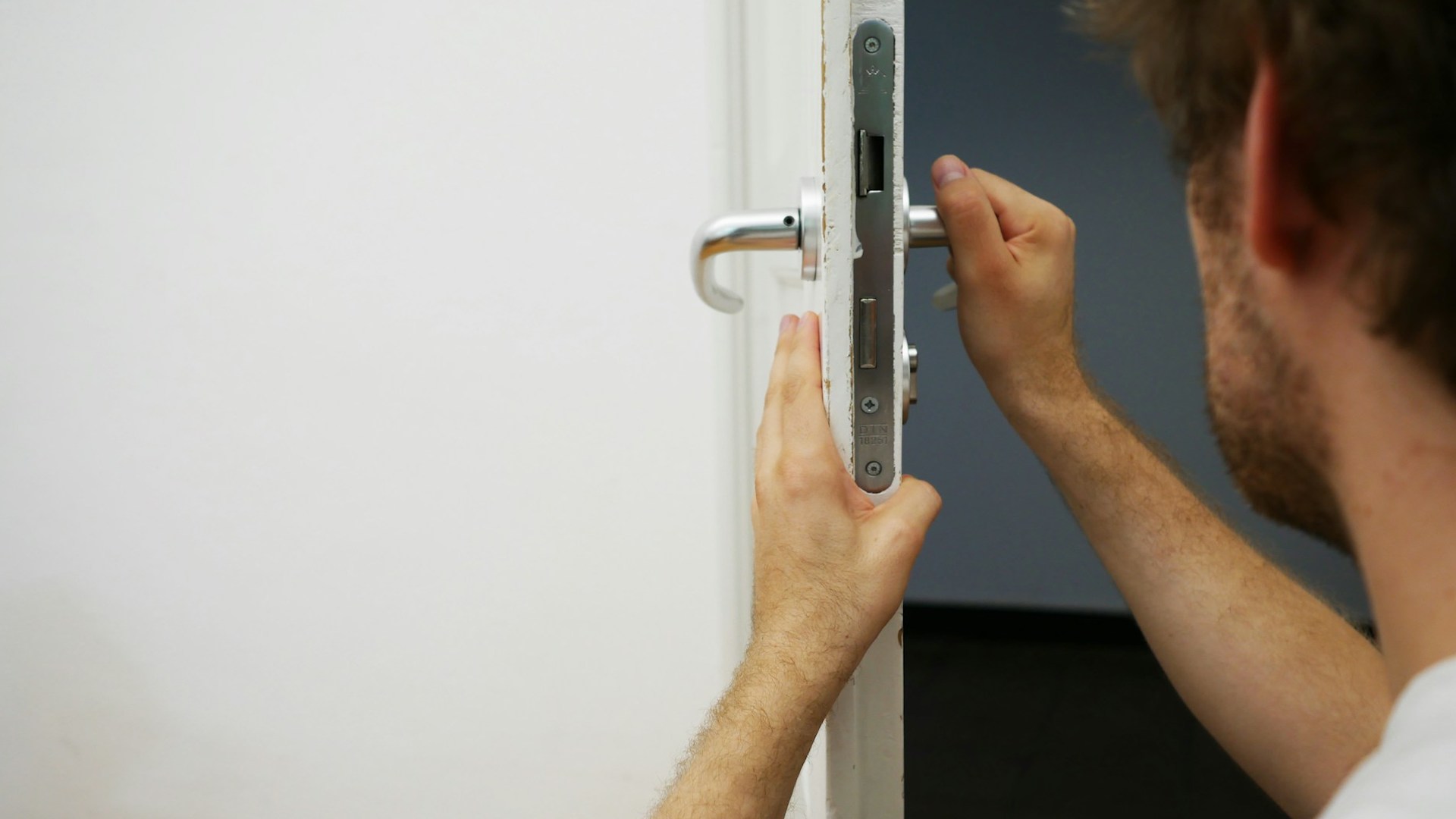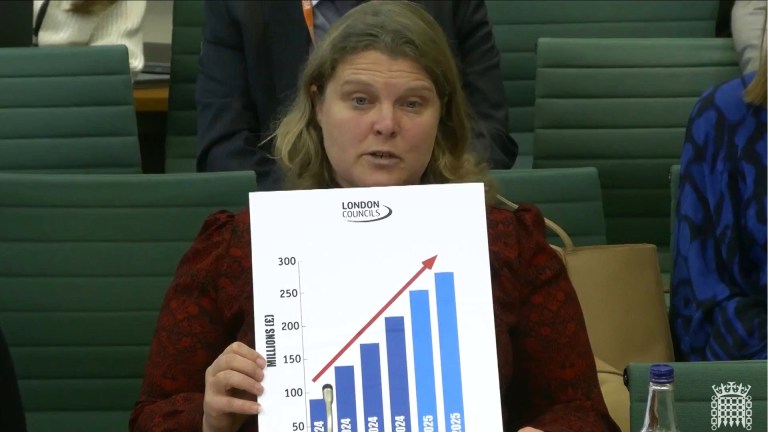Illegal eviction by landlord
The vast majority of illegal evictions are carried out by landlords who either don’t know the law or wilfully ignore it. As the UK’s housing crisis worsens, it’s not unheard of for tenants to find themselves locked out of their homes or facing aggressive behaviour from landlords who want them to leave immediately, often over disputes about rent or property conditions.
Landlords have to follow a specific process to evict tenants. In England and Wales that usually means serving the appropriate notice under the correct legal framework, such as a Section 21 ‘no fault’ eviction or Section 8 notice for those who have fallen into rental arrears. If the tenant doesn’t leave the property after the notice period, the landlord has to apply to the court for a possession order. Only a bailiff appointed by the court has the authority to physically remove a tenant from a property.
A landlord who skips this process is committing a criminal offence. Turning up and demanding that you leave, threatening you or physically removing you from the property without a court order would all count as illegal eviction. This covers things like changing the locks while you’re out or cutting off your gas and electricity too.
In Scotland, landlords must also follow a regulated eviction process, although the specific legislation differs slightly. Most evictions are governed by the Private Housing (Tenancies) (Scotland) Act 2016. Remember that if you’re served an eviction notice, you have the right to stay in your home and challenge the eviction through tribunal.
The repercussions for landlords who evict tenants illegally can be severe. Courts across the UK take these cases seriously and landlords found guilty of illegal eviction can face fines, criminal records and in some cases imprisonment. They could also be ordered to pay significant compensation to the tenant.
If you’re a tenant and believe you are being forced out unlawfully, it’s important to contact a local housing expert as soon as possible. Remember the laws are slightly different if you’re a lodger, but you should still get familiar with your rights.
Advertising helps fund Big Issue’s mission to end poverty
Illegal eviction by partner
If you are living with a partner and they try to force you out of the shared home without a legal right to do so, this can also be considered an illegal eviction.
Partners don’t have the right to change the locks, throw your belongings out or otherwise force you to leave without going through the proper legal channels. If the home is jointly owned or rented, they don’t have the right to evict you without court intervention even if they pay more towards the mortgage or rent.
Extra legal protections apply in cases of domestic violence and abuse, meaning the survivor can apply for an emergency injunction to stop the perpetrator from coming back to the property.
How to stop an illegal eviction
It’s crucial to document everything if you believe you’re at risk of illegal eviction. Keep a record of any occasions that involved threatening behaviour from your landlord or partner. This could include written notes, text messages, emails or photographs of any damage done to the property, including changed locks. Evidence will be critical if you need to prove your case in court or to local authorities.
If it’s safe to do so, communicate in writing to your landlord or partner and make it clear that what they are doing is illegal.
If this doesn’t work, or if you feel unsafe, it’s time to seek outside help. In the case of a landlord trying to evict you illegally, contact your local council’s housing department or an expert organisation like Shelter or Citizens Advice. You might decide to report threatening behaviour to the police, whether it’s coming from your landlord or a partner.
Advertising helps fund Big Issue’s mission to end poverty
How to report illegal eviction
Once an illegal eviction is in progress or has happened, it’s crucial to act quickly to protect your rights. Many councils have a dedicated tenancy relations officer who deals with these cases. The council can investigate your complaint and could take action against the landlord, including prosecution if they decide it would be appropriate. Local authorities also have a legal duty to help you find alternative accommodation if you’ve been made homeless. If you’re in Wales, you should report your landlord to Rent Smart Wales.
You can apply through the relevant court for compensation, where it might also be decided that your landlord should be prosecuted. You should fill out a N1 form to start this process, but remember you’ll often need a solicitor to take legal action and legal aid can be tricky to access. In Scotland you can go through the First-tier Tribunal (Housing and Property Chamber).
It’s easy to forget amid the stress of losing your home, but remember to ask for your deposit back and make sure you get all your belongings back.
If your illegal eviction is carried out by a partner, your first port of call should be the police, particularly if you are concerned for your safety. Organisations like Women’s Aid, Refuge and Men’s Advice Line can provide emergency accommodation and support if you have experienced domestic abuse.
Do you have a story to tell or opinions to share about this? Get in touch and tell us more. Big Issue exists to give homeless and marginalised people the opportunity to earn an income. To support our work buy a copy of the magazine or get the app from the App Store or Google Play.










